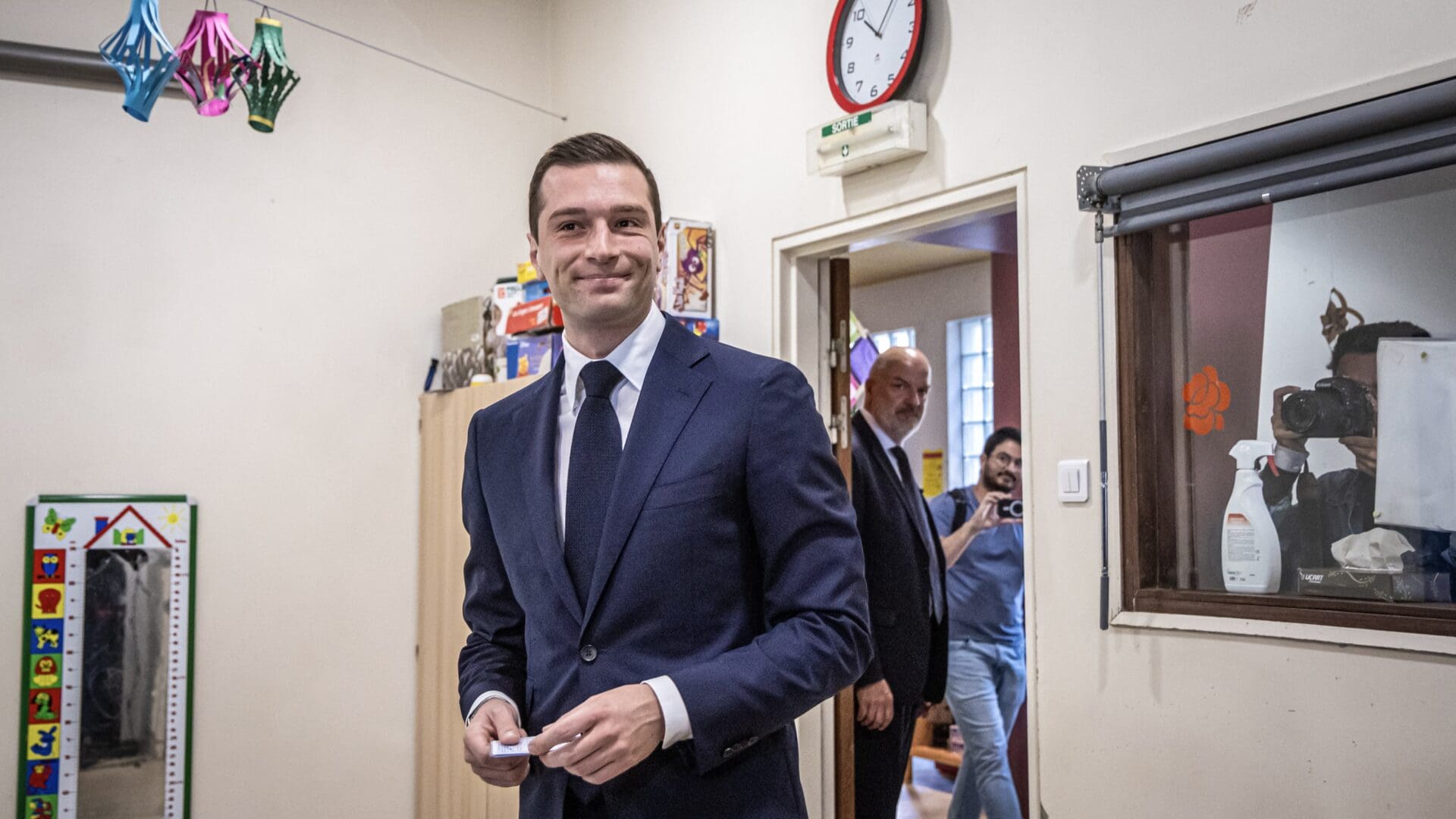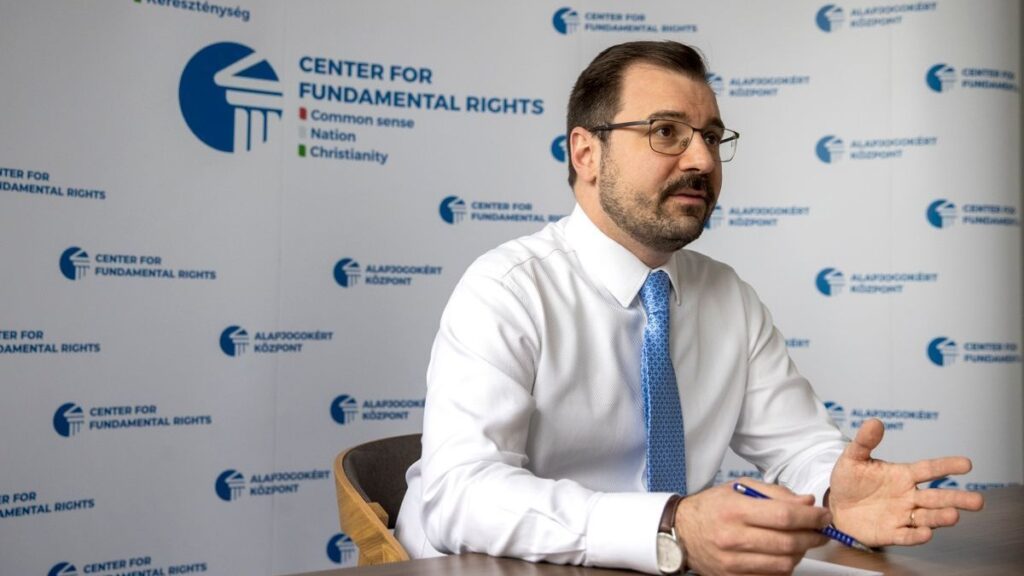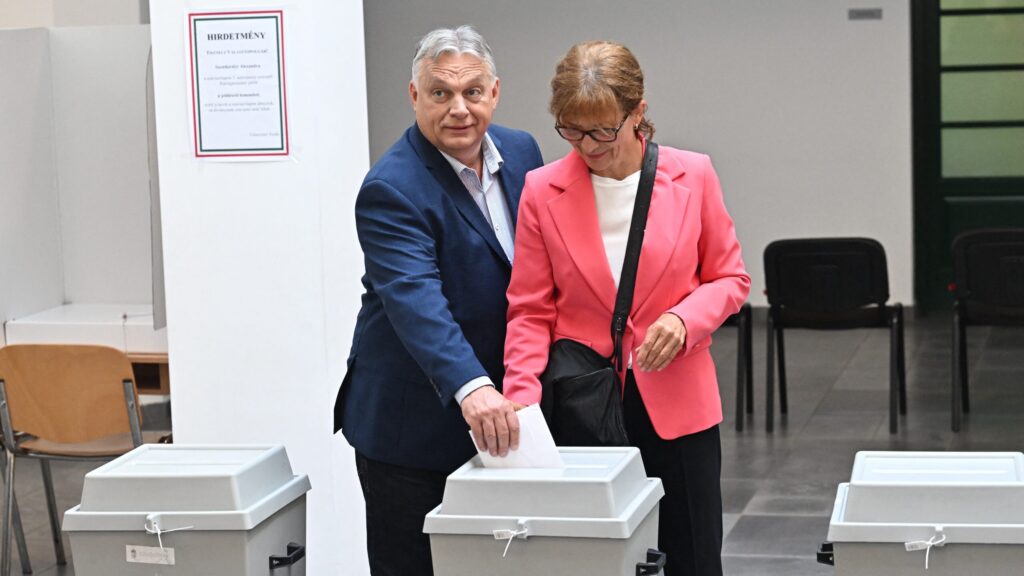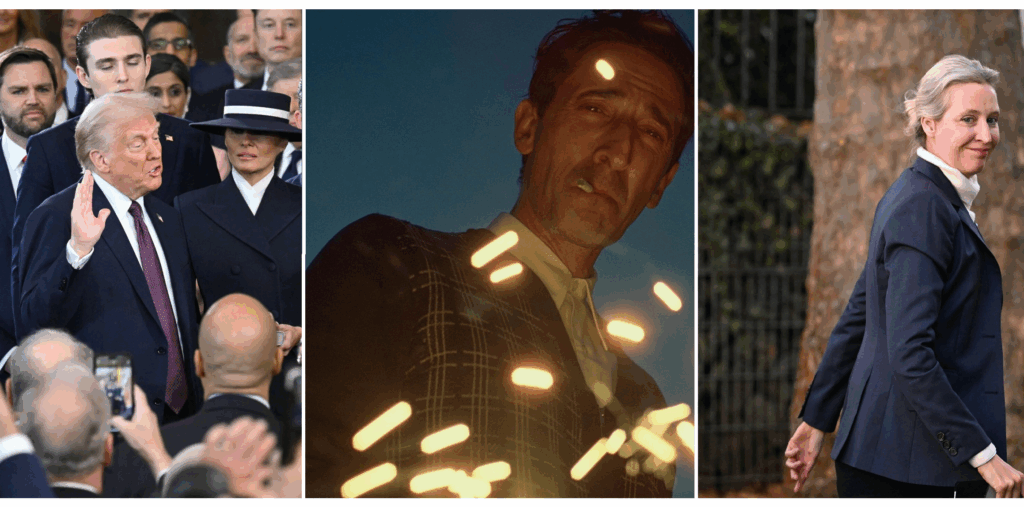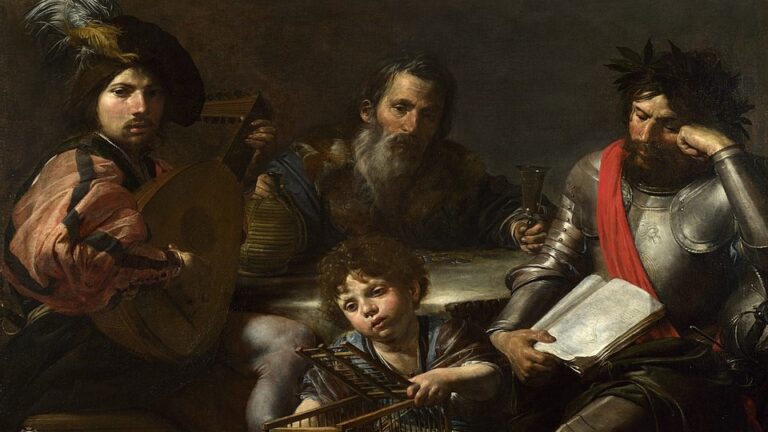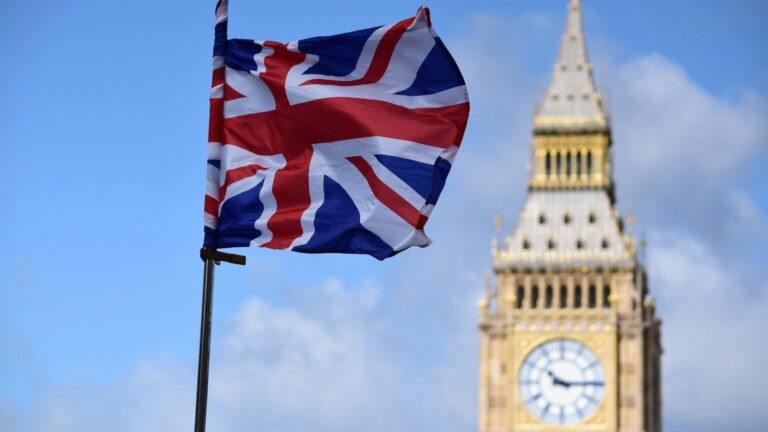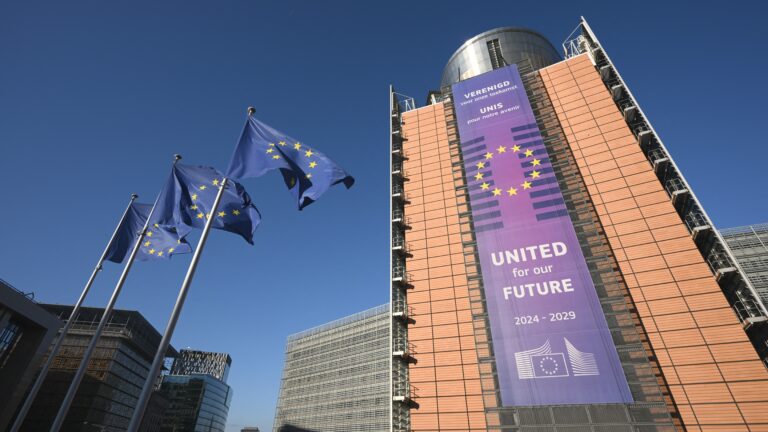Against all odds, the radical left-wing forces came out on top of the second round of France’s snap legislative elections, despite the patriotic camp winning the largest share of votes. The French electoral system, which does not create a level playing field, puts sovereigntist forces at a disadvantage. Because of a biased and partisan media environment and an exotic team-up of centrist/liberal forces with the Communists, Marine Le Pen’s National Rally was prevented from taking power. National Rally’s young leader Jordan Bardella (a regular speaker at CPAC Hungary) has been elected president of the newly established Patriots for Europe group in the European Parliament. According to Bardella, the long-awaited shift to the right in Paris (and Brussels) is only a question of time.
The second round of the elections’ most important takeaway is that France won’t be able to form a governmental majority in the coming weeks. So far, the country looks ungovernable given the complexity of the current political scene, with three main blocks who all won and all lost at the same time.
The three main blocs (Macron’s Together, Mélenchon’s New Popular Front or NFP and Le Pen’s National Rally or RN) all scored well. In the National Assembly, NFP has gathered 182 seats, Together has 168, and RN 143. To have an absolute majority, a party needs 289 seats (out of 577). This means that
RN remains by far the largest party in the National Assembly because it is not a coalition of tiny parties, as opposed to the other two blocs.
In fact, RN has gained over 50 seats compared to the previous elections. In other words, it has doubled in size in the French parliament since 2022, amidst a record high turnout of 66.5 per cent. In the current situation, Macron’s centrist force is in a paradoxical situation: it was voted out but remains necessary to form a majority in parliament.
This illustrates well that the French voting system has proved absolutely crucial in the dismal outcome of the elections.
RN won by far the largest number of total votes, 8,744,437 (32.05 per cent of all ballots cast). To this we need to add the votes for their ally Eric Ciotti’s Les Républicains (The Republicans), and we exceed 10.1 million votes. However, with the French system being what it is, it is still NFP that won the elections, in spite of scoring over 3 million fewer votes than the patriotic forces combined. (NFP got just over 7 million votes, gaining 25.68 per cent). This resulted in RN coming in not even second, but third.
The presidential camp, in turn, received just over 6.3 million votes (6,314,424 to be exact), or 23.15 per cent of the votes cast. Macron rejected the resignation of PM Gabriel Attal, who will remain PM until 18 July at least, potentially until mid-August, given the upcoming Olympic Games. It is also interesting to note that the Ministry of the Interior recorded over 2.1 million proxy votes for the two rounds of the legislative elections—an all-time record explained by the timing of holidays but which raises some controversies.
Overall, the two round-election system led to the joining of forces between NFP and Together. The latter is composed of Communists, greens, socialists and radically pro Palestine (anti-Israel) activists. This alliance of Together (centrists/liberals) and NFP (radical leftists) referred to as the ‘Republican Front’ managed to prevent RN from winning an absolute majority, by withdrawing from the race their candidates and endorsing each other’s the representatives in the second round in over 200 constituencies, wherever it was deemed ‘necessary’.
However, this looks like a Pyrrhic victory for the anti-national forces, given that RN is on the constant rise.
One thing that is certain by now is that NFP is supported by radicals not only in terms of views but also of deeds. The antifas and Islamists endorsing the Left would have put the country on fire had the RN clinched a landslide victory. In other words, an apparently unavoidable civil war has just been postponed by a few months or years.
Macron still has over two and a half years in office as President. Given the weakening of Olaf Scholz in Germany and the fact that the latter may not be Chancellor by 2025, Macron can now pose as a leader of the EU and lead it towards further centralization. Also, what happened on 7 July suggests that a systemic blocking of Marine Le Pen in the second round of the presidential election could happen again. It worked in 2002, 2017, 2022, and so it did again this year.
To sum up, France is organized in a way that prevents a patriotic, nationalist force from taking power. This is the essence of the French system. The media, the judiciary, public servants, business, entertainment, and so on: virtually all layers of society have been taken over by left-leaning representatives since the 1970s to such an extent that a change of direction would inevitably lead to violent clashes, especially given the openly anti-French rhetoric of large parts of NFP supporters. Palestinian flags were more numerous than French ones at many anti-RN protests.
Moreover, France is genuinely in a critical state, without even talking about no go-zones, the woke craze, Islamization and so on. According to French author Claude Janvier, author of the book The French Deep State,
the country has over 7 thousand billion in debt and close to 16 million of its citizens live on the verge of poverty.
Even if Bardella had obtained an absolute majority and had become PM, it is likely that he would have been sabotaged internally and externally so that he would not be able to tackle these burning issues and many others.
The number of potential scenarios is numerous. The NPF has a relative majority, so forming a new government will take time. During this waiting period, there are two main options: either maintaining the Attal government to handle current affairs or opting for a temporary, technocratic government while forming the ruling coalition. New snap elections could also be called, but it is not clear whether the outcome would change much compared with what we have observed in the last elections.
Macron’s centrist Together bloc is more likely to find an agreement with NFP rather than RN as the second round has shown, but neither of the blocs will go easy on the negotiations. In other words, chaos and a freezing of the situation seems unavoidable in the short term.
When it comes to the bigger picture including Hungary,
the fact that RN is joining the Patriots for Europe (PfE) in the European Parliament is of key importance.
The lack of democratic legitimacy on the EU stage but also in its member states (France being a perfect example of this) is blatant once more. It can be expected that the liberal mainstream will try to undemocratically curtail the political and legal leeway for PfE on the EU level, as it has been doing with RN for decades on the French political stage. However, this undertaking is likely to only delay the breakthrough for right-wing forces both in Brussels and Paris, as sovereigntists aiming for peace have a much more down to earth and realistic agenda to meet the demands of the ordinary people.
From the perspective of Hungarian conservatives, Jordan Bardella having been announced president of Patriots for Europe is great news. The young and charismatic leader of the French Right was a speaker at the 2022 and 2023 editions of CPAC Hungary and has always been supportive of Hungary’s policies, especially when it comes to migration and national sovereignty. If he stays as brilliant as he has been so far, he would be among the favourites to win the French presidential elections in 2027.

